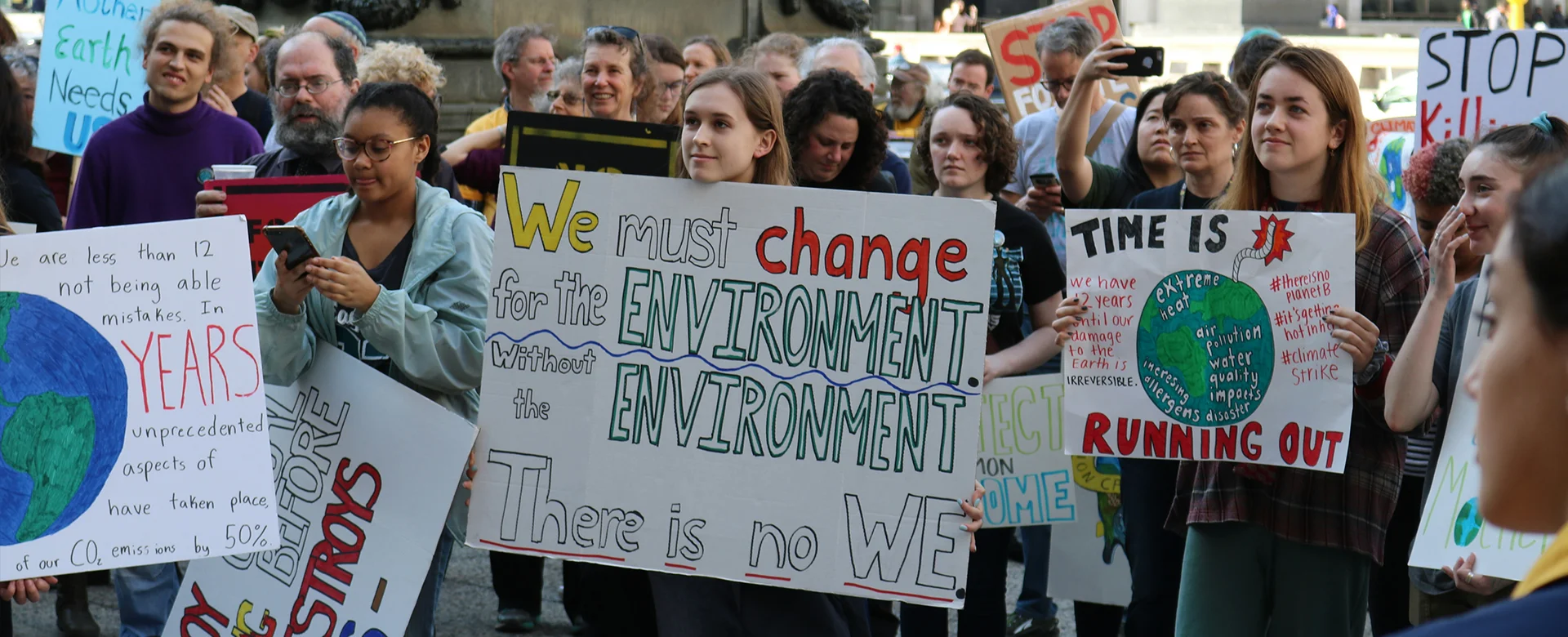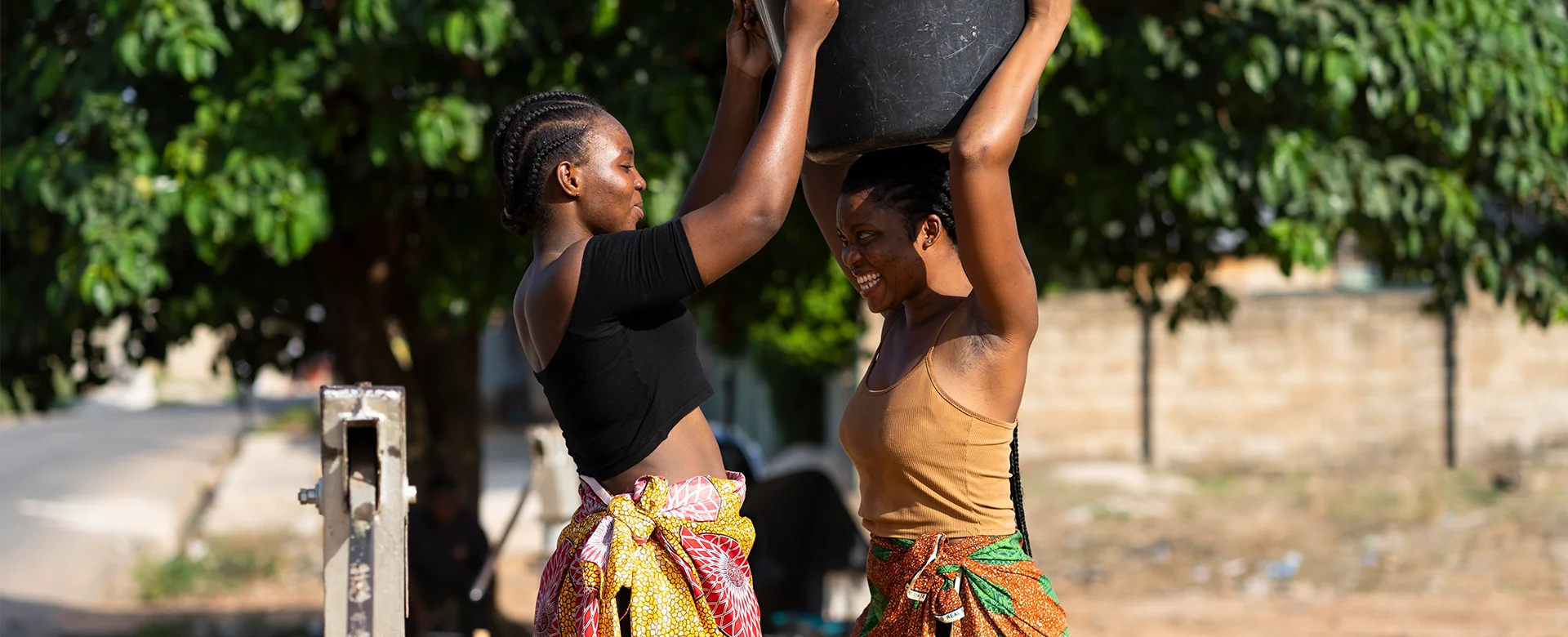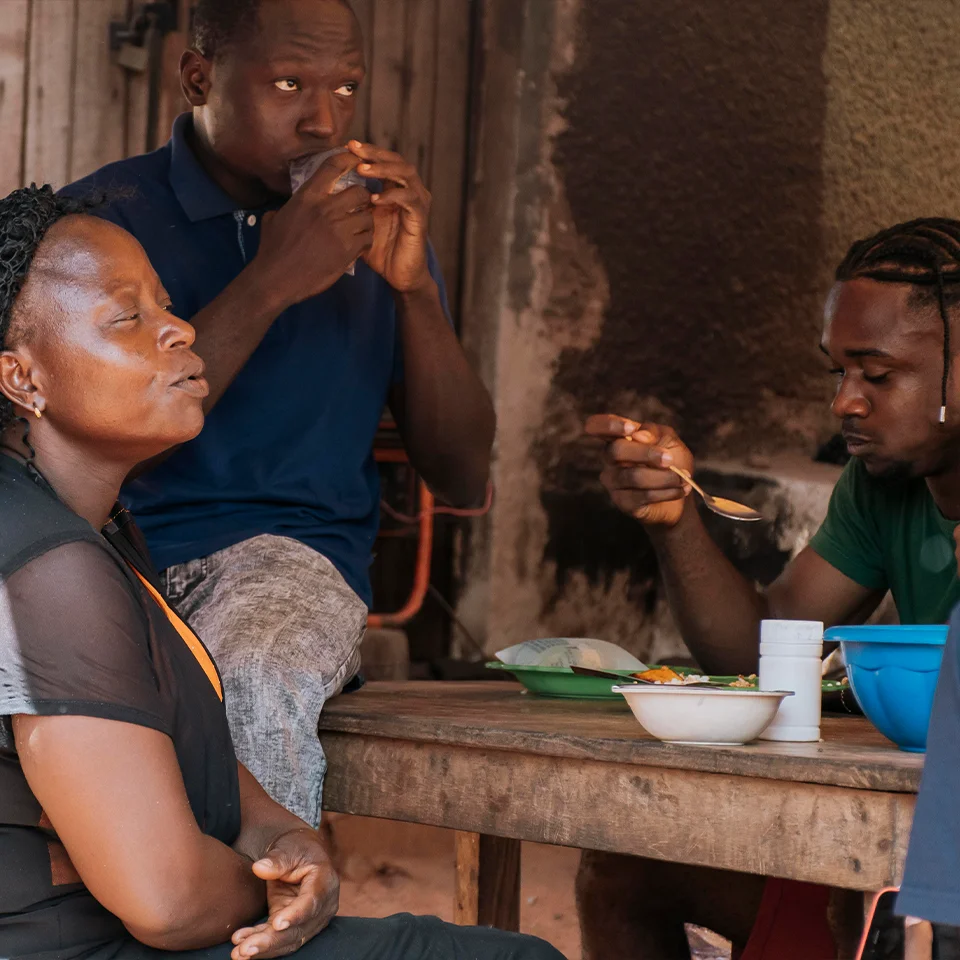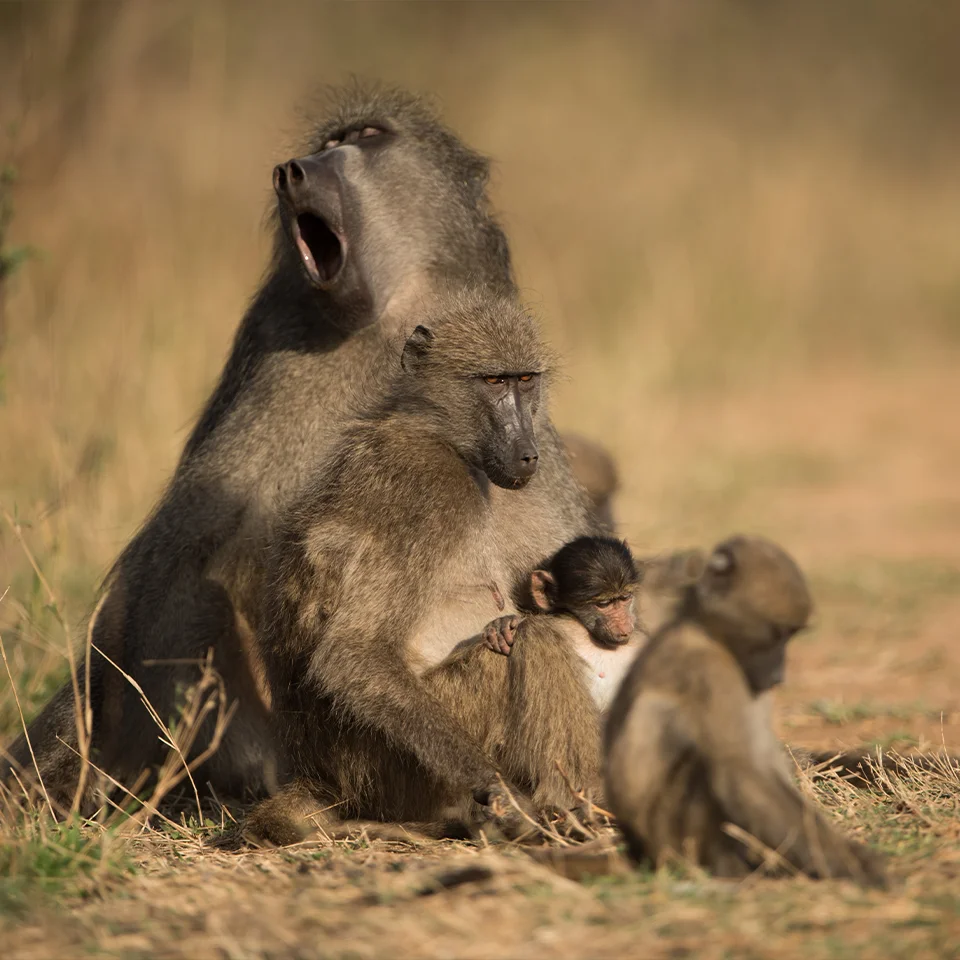For
People
Join our mailing list
The East African Crude Oil Pipeline will jeopardize important ecosystems, fuel climate change and pose significant risks to millions of people.
Nearly a third of the pipeline will run through the basin of Africa’s largest lake, Lake Victoria, which more than 40 million people depend on for water and food production. It will cross numerous rivers and run through thousands of farms.
Just one spill or leak could have absolutely catastrophic effects on these vital freshwater sources and the millions of people that depend on them. The likelihood of a spill or leak is high, not only resulting from accidental damage or poor maintenance, but also because the pipeline will traverse an active seismic zone that regularly experiences earthquakes.
If this isn’t bad enough, Total and its partners have opted for the lowest cost option, open cut trenching, for almost all water crossings—rather than meeting industry best practice.
EACOP and the oil extraction projects it will enable will cause considerable physical and economic displacement. Over 100,000 people across Uganda and Tanzania will lose the land they rely on for farming and animal raising, and many will be forcibly removed from their homes.
Land acquisition and resettlement processes for EACOP and the associated oil fields have already begun and communities report a lack of transparency and delays in compensation, which have impacted livelihoods, exacerbated food insecurity and disrupted school attendance. Local landowners that resist this process have faced intimidation and manipulation, forcing them to give up their land for derisory cash compensation. These impacts all have gendered effects – disproportionately harming women and girls in the region.
Multinational oil corporations have been making all sorts of empty promises to the people of Uganda and neighboring countries, but the reality is, this project is simply about extracting as much private profit as possible.
Not only will EACOP displace communities, threaten the water resources and livelihoods of millions, and fuel climate change, but it doesn’t even stack up economically. The whole world is waking up to the fact that we need to stop burning fossil fuels and, as a result, the price of oil will continue to plummet.
The future of East Africa relies on building sustainable, diversified and inclusive economies – not by letting huge multinational corporations exploit African resources and keep the profit.
Sign up for updates and alerts about what actions you can take to #StopEACOP
Further Reading
For further information about the social impacts EACOP will have on the people of Uganda, see:
Tom Ogwang and Frank Vanclay, “Cut-off and forgotten?: Livelihood disruption, social impacts and food insecurity arising from the East African Crude Oil Pipeline,” February 2021.
Oxfam International, “EMPTY PROMISES DOWN THE LINE?: A Human Rights Impact Assessment of the East African Crude Oil Pipeline,” September 2020.
BankTrack et al, “Crude Risk: Risks to banks and investors from the East African Crude Oil Pipeline,” November 2020.
Les Amis de la Terre and Survie, “A Nightmare Named TOTAL: An Alarming Rise in Human Rights Violations in Uganda and Tanzania,” December 2020.
Oxfam International, “Gender Analysis of East African Crude Oil Pipeline ESIA,” February 2020
Netherlands Commission for Environmental Assessment, “Advisory Review of the ESIA for the East African Crude Oil Pipeline,” June 2019.
Climate Policy Initiative, “Understanding the impact of a low carbon transition on Uganda’s planned oil industry,” December 2020.
# FOR CLIMATE
The future of East Africa relies on building sustainable, diversified and inclusive economies – not by letting huge multinational corporations extract resources and keep the profit.





